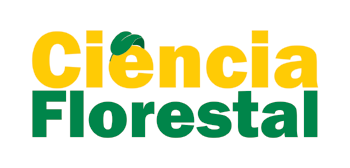ABSTRACT
The acid hydrolysis stage (AHT) used in bleaching sequences of pulp, has as its main objective, the degradation of hexenuronic acids which are present in the pulp and can affect its brightness, reversal of brightness, among others. Despite the benefit of using the acid hydrolysis stage, the pH of this stage is not the most adequate, but when it comes to the degradation of lignin, it is more reactive in alkaline medium. Therefore, the present work sought to study an improvement in the bleaching process by the addition of an alkaline extraction stage after AHT stage, obtaining the best possible use of the chlorine dioxide stage. In this study, oxygen-delignifiedKraft pulp from eucalyptus was used. Different ECF (Elemental Chlorine Free) bleaching sequences were performed in the pulp: D0(E+P)D1, AHTD0(E+P)D1, AHT/ED0(E+P)D1 and AHTED0(E+P)D1. As a result, the inclusion of a simple alkaline stage after the acid hydrolysis indicate a positive effect on the bleaching sequence, with a significant reduction in the consumption of chlorine dioxide. The inclusion of simple alkaline extraction also allowed the reduction of thekappa number and increased brightness, with a reduction of 0.3 points in the average Kappa number and a 1.3% ISO increase in brightness, analyzed after alkaline extraction with hydrogen peroxide of the sequence AHT/ED0(E+P)D1 when compared to the one without simple alkaline extraction.
Keywords:
Eucalyptus; Acid hydrolysis; Bleaching
